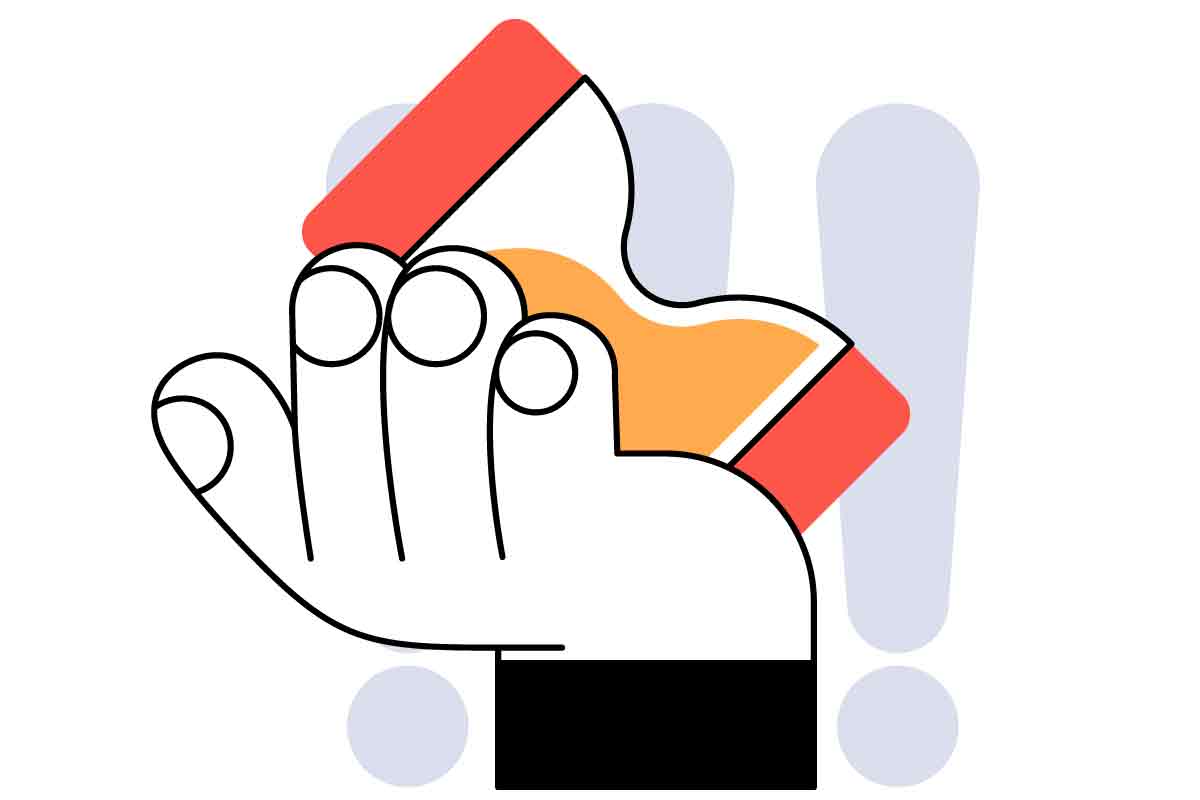When your customer fails to pay their invoice, it can be a frustrating and daunting experience for small business owners. Failing to get paid on time or at all can have serious implications for the success of your business.
As such, it’s important to take the right steps to ensure that you get paid when due and that any potential disputes are resolved according to the applicable laws and regulations.
Featured pro tools
Explore business banking
 |
Wallester Business ✓ Virtual & Physical Cards ✓ No Setup Fees ✓ No Monthly Fees Pricing Trial period Contact |
|
 |
Revolut Business ✓ Business Current Account ✓ Award-Winning Mobile App ✓ Quick & Easy Application Process Pricing Trial period Contact |
|
 |
Tide Business Bank Accounts ✓ Free, Plus, or Pro Account ✓ iOS & Android Mobile App ✓ Upload & Auto-Match Receipts Pricing Trial period Contact |
|
 |
Card One Money ✓ No Credit Checks ✓ Simple Fees ✓ Up to 3.5% Cashback Pricing Trial period Contact |
|
 |
ANNA Money ✓ Apply in 10 minutes ✓ Bookkeeping & Payroll Tools ✓ User-Friendly Mobile App Pricing Trial period Contact |
|
 |
Co-Op Business Banking ✓ Business Current Account ✓ Online, App & High Street Banking ✓ Quick & Easy Application Process Pricing Trial period Contact |
|
 |
HSBC Business Banking ✓ Business Current Account ✓ In-Branch, Online & App Banking ✓ FSCS Protected Pricing Trial period Contact |
|
 |
Metro Business Banking ✓ Business Current Account ✓ High Street Presence ✓ FSCS Protected Pricing Trial period Contact |
|
 |
Mettle Business Banking ✓ Business Bank Account ✓ Online & App ✓ Quick & Easy Application Process Pricing Trial period Contact |
|
 |
Monzo Business Banking ✓ Business Current Account ✓ Dedicated mobile app experience ✓ FSCS Protected Pricing Trial period Contact |
|
 |
Virgin Money ✓ Business M Account ✓ In-Store, Online & App Banking ✓ Insights & Forecasting Platform Pricing Trial period Contact |
Avoid payment problems before they arise
The best way to prevent problems with customer payments is to make sure that those payments are organised and taken care of before you send out an invoice.
This means setting up a payment system with your customers that works in terms of their needs and yours, such as accepting different kinds of payment methods or drawing up a payment plan.
It’s important to be clear about your payment expectations from the start. Make sure that you include all relevant information on invoices, including due dates and contact details for any queries.
| Top tip |
|---|
| It’s also a good idea to send out reminders to customers before the due date so they don’t forget or fall behind on payments. |
Asking for a deposit payment in advance
Obtaining partial payment up-front another good way to protect your business from customers who may not pay their invoices. This is especially useful for larger invoices or when dealing with new customers. Asking for a deposit payment gives you additional security and minimises the risk of not getting paid at all.
Offer a discount for early payment
Another strategy for ensuring that customers pay on time is to offer a discount for those who pay before the due date. This can incentivise customers to stick to their payment schedule, as they know that there are rewards for making invoice payments promptly.
Negotiate an extension
If a customer isn’t able to pay an invoice on time, you may be able to negotiate an extension. This could involve a longer payment plan or a delayed due date. If the customer is open to this, make sure that you agree on all terms and conditions in writing.
How to obtain payment for overdue invoices
But if all else fails and your invoice remains unpaid after its due date, what steps should you take?
If your customer fails to pay their invoice, it’s important to act quickly and decisively in order to protect your business. Here are some steps that you can take if your customer fails to pay their invoice:
How to handle overdue invoices
- Contact the customer and ask for payment in a polite but firm manner
Give them a reasonable amount of time to respond and make sure that you keep records of all correspondence.
- Take legal action if necessary
This may involve sending formal letters or taking court action, depending on the situation.
- Consider alternative methods for recovering the debt
Such as using a debt collection agency or setting up a payment plan with the customer.
- Report any unpaid invoices to credit reference agencies
Which will help prevent this from happening again in future.
It’s important to remember that taking legal action can be an expensive and time-consuming process. As such, it’s best to try and resolve any payment disputes amicably with your customer first before taking more drastic measures.
Communicate well
The first step you should take when dealing with a customer who won’t pay their invoice is to communicate clearly and promptly. This means sending them a reminder or calling them to politely remind them that payment is due, making sure to keep any correspondence professional and courteous.
| Top tip |
|---|
| You may also wish to make use of automated reminders to ensure that customers are reminded in a timely manner. |
Late payment fees
If the customer still fails to pay their invoice, you may wish to consider charging late payment fees. Late payment fees can be charged for amounts which remain unpaid 30 days after the due date on an invoice and should be made clear within your terms and conditions.
There are caps on the amount of late payment fees you can charge, which vary depending on the size of the debt.
Alternative Dispute Resolution (ADR)
If communication and/or late payment fees fail to resolve the issue, it may be necessary to consider Alternative Dispute Resolution (ADR). ADR is a process where an independent third party is used to help resolve the dispute. The process typically involves both parties discussing the issue and attempting to come to an agreement as well as any necessary negotiations.
Debt collection agency
You may also want to consider hiring a debt collection agency or taking legal action against the customer. If you do decide to take this route, make sure that you comply with applicable laws and regulations in your jurisdiction.
Small Claims Court
If ADR fails, you may need to take further action such as taking your customer to small claims court if they still won’t pay their invoice. This can be a lengthy and expensive process, so it’s important to make sure you have all the relevant evidence, such as contracts and invoices, prior to taking any legal action.
Invoice factoring and invoice discounting
If you’re struggling to get your customers to pay their invoices, you may wish to explore invoice factoring and invoice discounting. These are financing options which enable businesses to access money owed by customers in exchange for a fee or discount. This can be a great way of obtaining cash flow when dealing with slow paying customers.
Closing words
No matter what payment strategies you decide to employ, it’s important to remain professional and courteous with customers. This will help build trust and ensure that issues are resolved quickly and efficiently. By following these steps, you can ensure that invoicing is a streamlined process for your business.
FAQ
If a customer fails to pay an invoice, you should communicate with them promptly and politely. You may also wish to consider charging late payment fees, exploring ADR or taking legal action if necessary.
You can encourage customers to pay their invoices by making sure you clearly state payment terms and due dates on all invoices, sending automated reminders for unpaid bills, and offering flexible payment methods. Additionally, consider exploring options such as invoice factoring or discounting if necessary.
If Alternative Dispute Resolution (ADR) fails, you may need to take further action such as taking your customer to small claims court. Make sure you have all the relevant evidence prior to taking any legal action. You may also wish to explore hiring a debt collection agency or alternative payment options.
Invoice factoring and invoice discounting are financing options which enable businesses to access money owed by customers in exchange for a fee or discount. This can be a great way of obtaining cash flow when dealing with slow paying customers.

